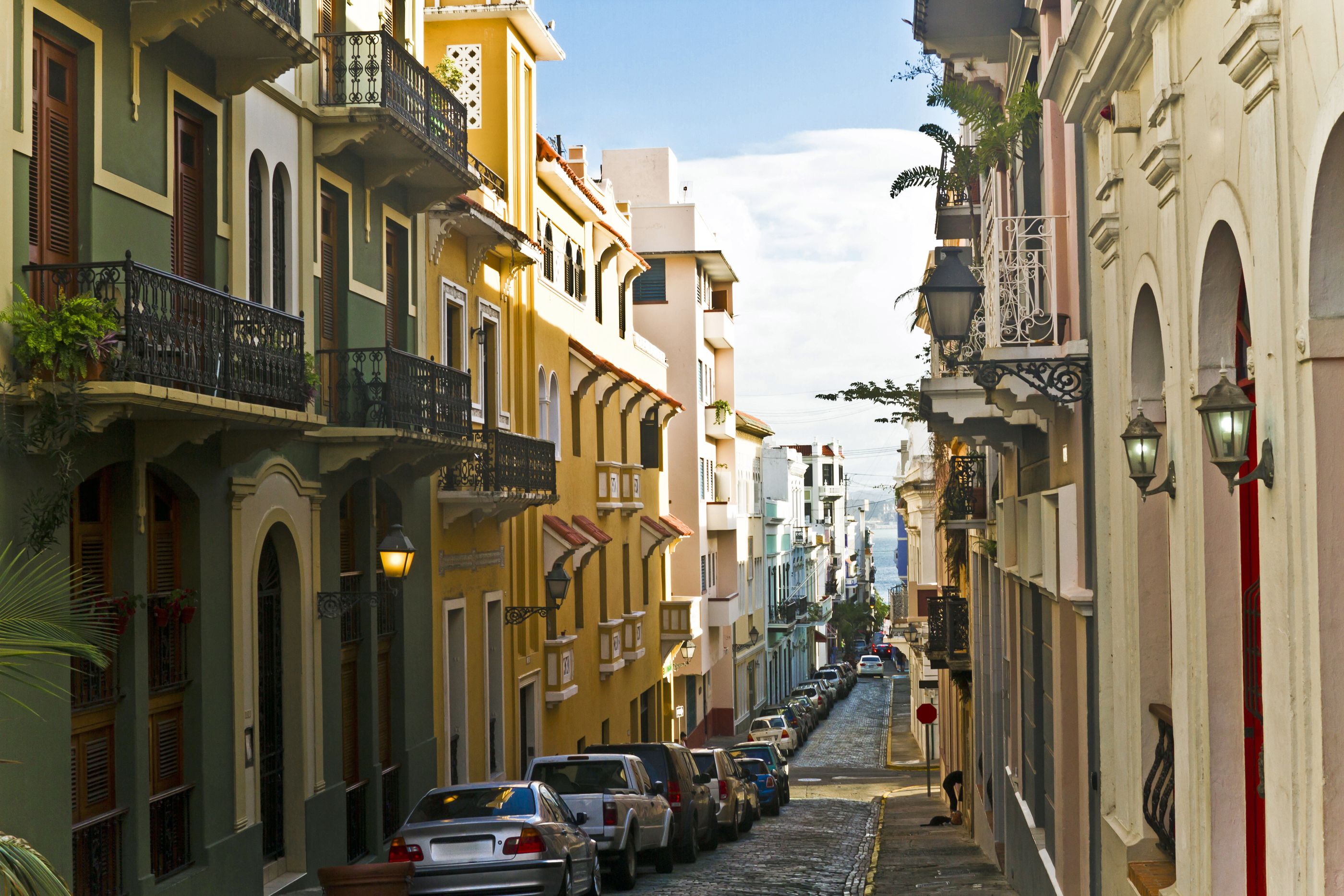

Where are you from, and why did you choose to study at UGA and CAES?
I am from Yauco, Puerto Rico, and did my undergraduate studies in the University of Puerto Rico-Mayagüez. I chose to study at UGA mainly because of the great things I heard about my advisor. I had made an Excel sheet with all the schools and professors that I was interested in pursuing my Ph.D. with.
Mayaguez Plaza, Puerto Rico
Mayaguez Plaza, Puerto Rico
When I heard from previous students that had worked with Professor Darold Batzer, I was convinced! The hot summers, so similar to the ones at home, also made my decision to move to Athens and join UGA/CAES that much easier.
I wanted to build my knowledge base, and many courses offered by the departments at CAES are the best possible options.
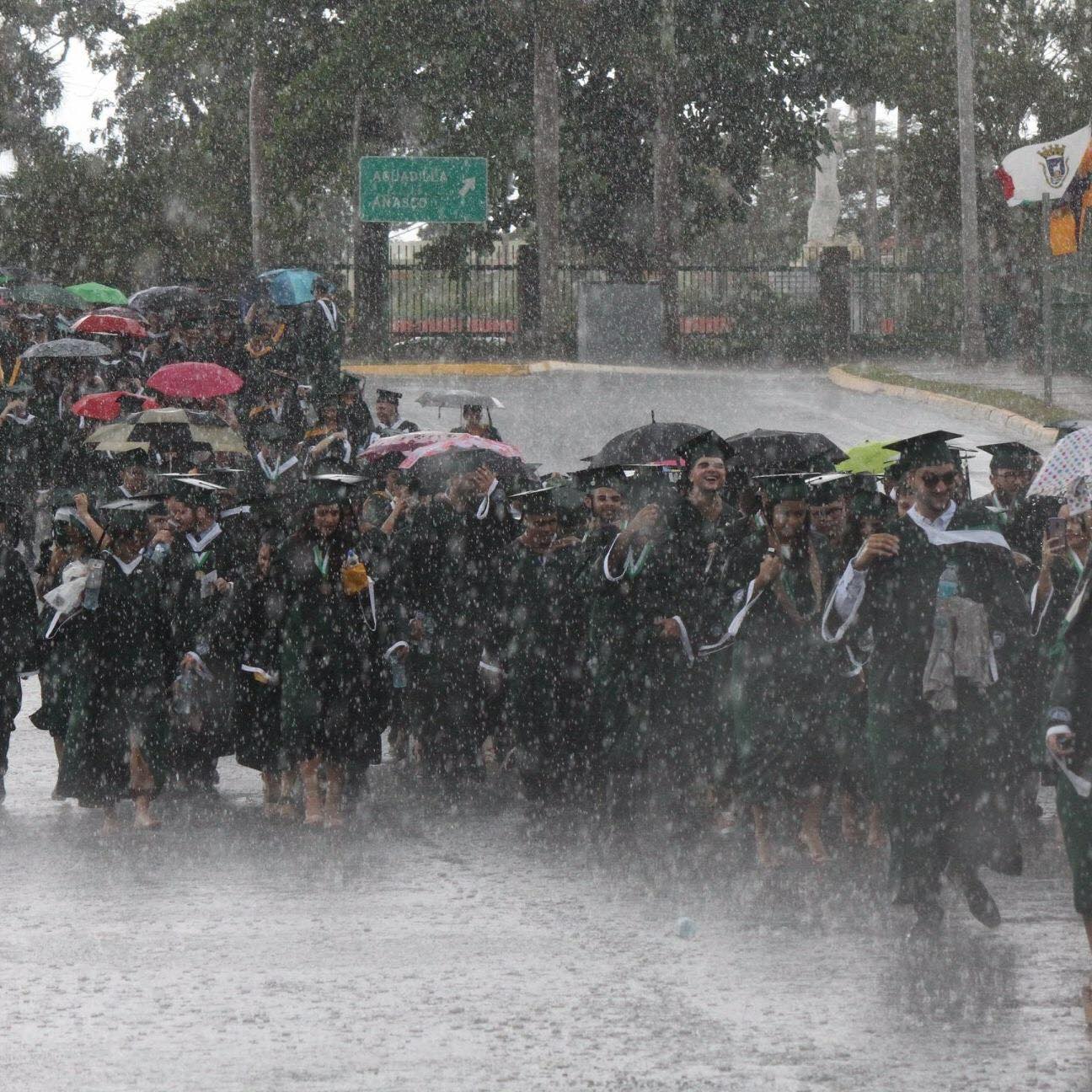
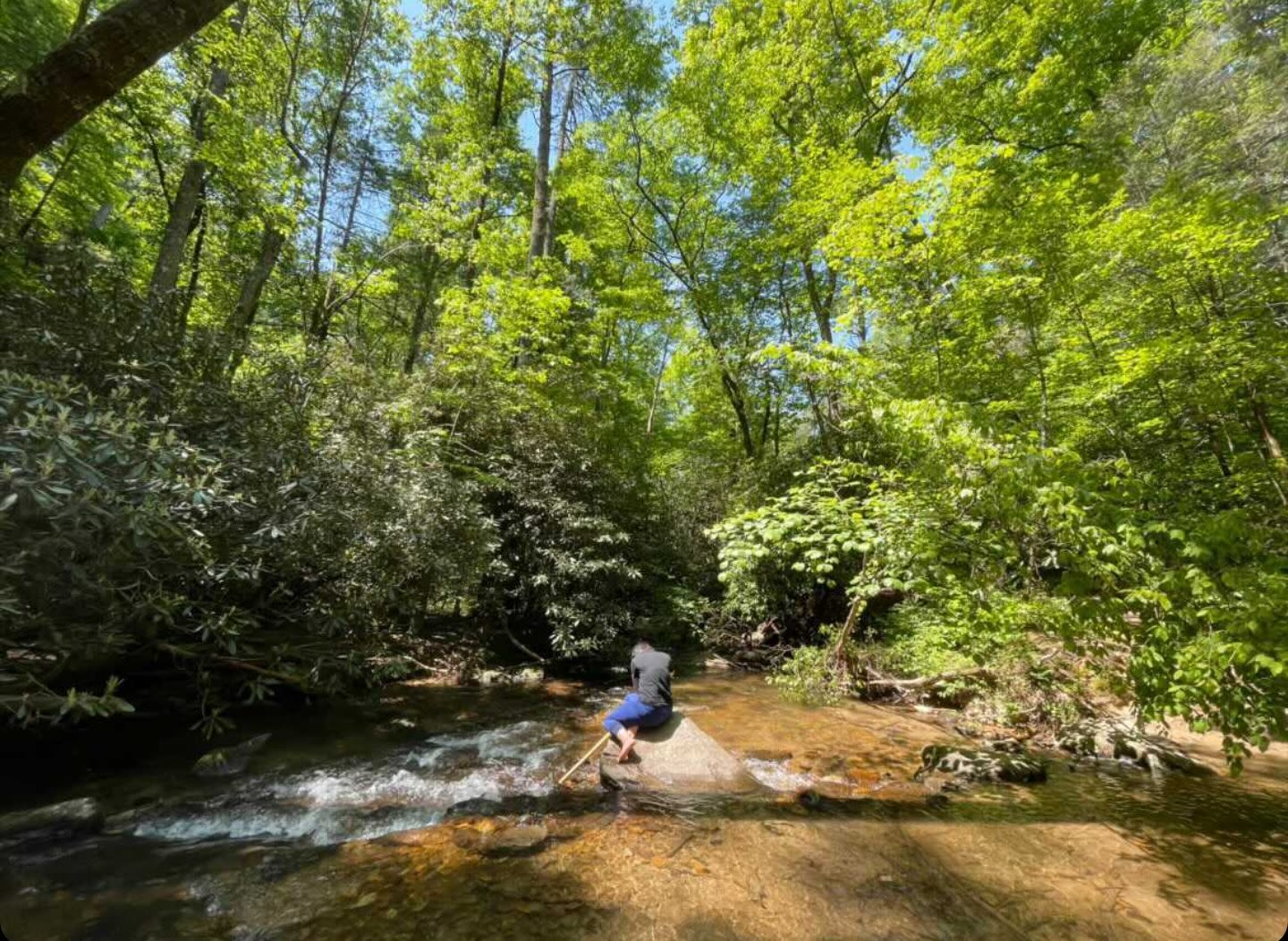
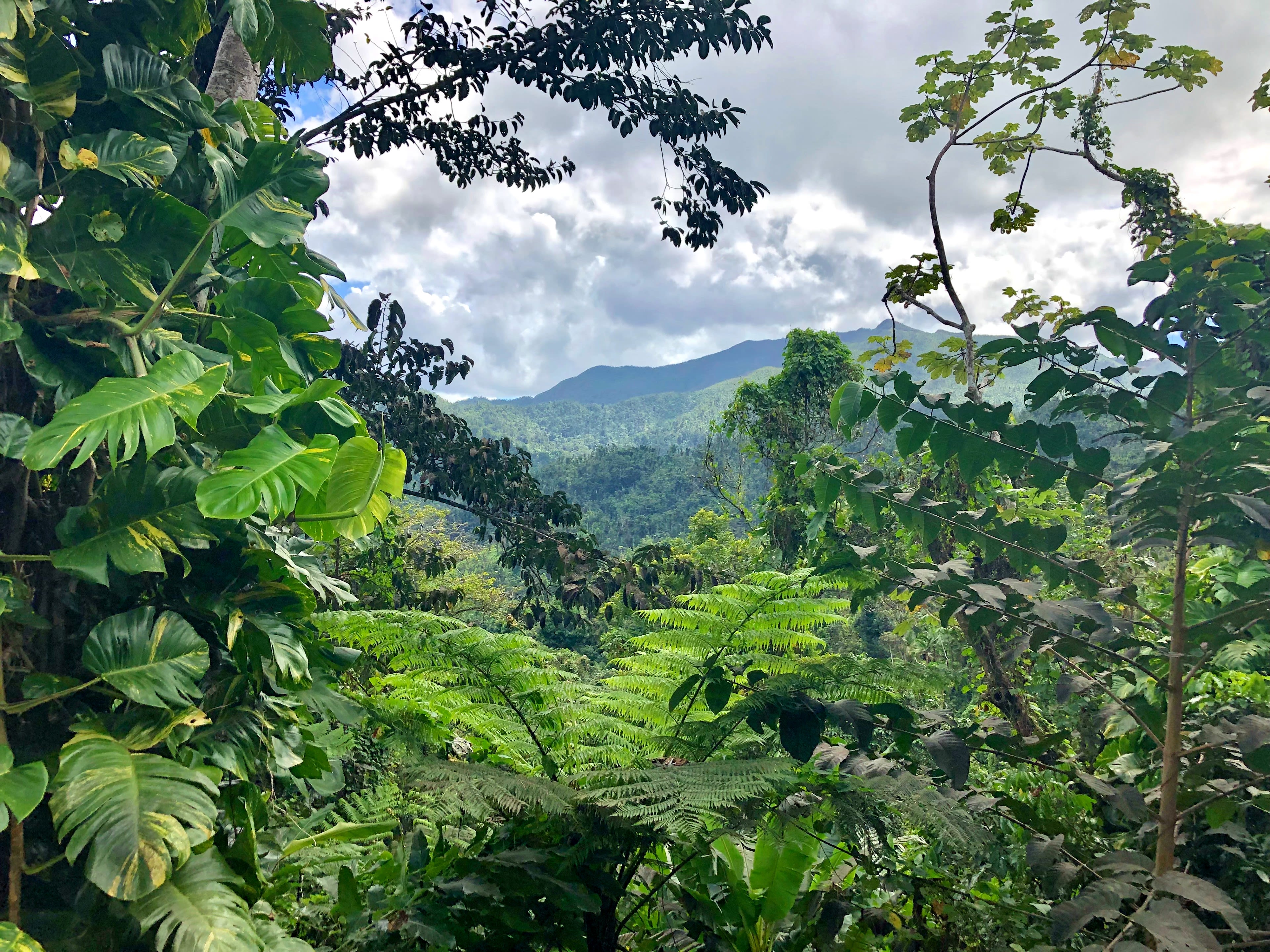

University of Puerto Rico-Mayaguez graduates gather for their commencement ceremony during a downpour.
University of Puerto Rico-Mayaguez graduates gather for their commencement ceremony during a downpour.

Gabriela Cardona-Rivera looks for aquatic insects and Brood X cicadas at Sea Creek Falls in Blue Ridge, Georgia.
Gabriela Cardona-Rivera looks for aquatic insects and Brood X cicadas at Sea Creek Falls in Blue Ridge, Georgia.

Puerto Rico's El Yunque National Forest is the only tropical rainforest in the U.S. national forest system.
Puerto Rico's El Yunque National Forest is the only tropical rainforest in the U.S. national forest system.
Why did you choose your field of study?
I was originally thinking about pursuing a career in medicine. I wanted to become an orthopedic surgeon.
I was an active member of pre-med clubs, I did some shadowing (following a doctor around while they did their work), I even took a mock MCAT test!
The big turn happened when I took zoology lab. We were introduced to insects, and I fell in love with their diversity. I started volunteering at the entomology lab, then got recommended different entomology courses and research experiences and the rest was history.
I realized I love being in nature too much to give it away for many hours in operation rooms. I exchanged scrubs for waders and have not looked back!
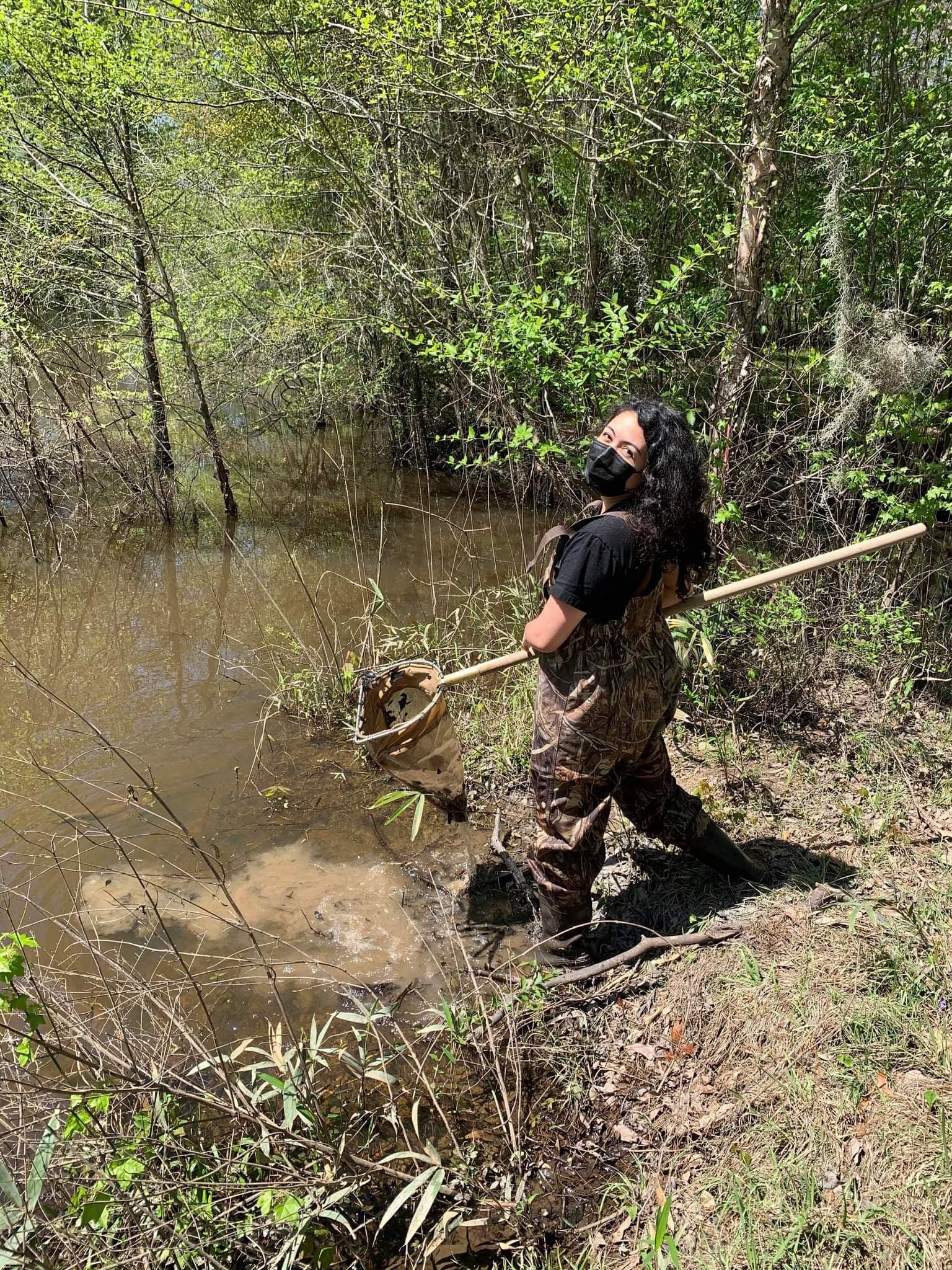
Gabriela Cardona-Rivera uses a net to collect leaf litter and invertebrate samples in the lower Ogeechee River.
Gabriela Cardona-Rivera uses a net to collect leaf litter and invertebrate samples in the lower Ogeechee River.
What has been your favorite class at CAES?
I think it’s a tie between “Insect Taxonomy” and “Aquatic Entomology.”
They were both field-intensive classes that introduced me to the amazing variability in each insect groups as well as their adaptations. They also developed my instincts in such a way that I automatically look around for critters flying or crawling around.
What has been the best experience you've had so far at the college?
I have had many great experiences at the college related to outreach events. Each time we go and see students and inspire them to be curious about the world of insects makes me more and more excited about pursuing a career in teaching.
Besides all these wonderful times, there is a specific memory during a trip to Sapelo Island for our Dungeons and Dragons expedition. This is an effort to document all dragonfly and damselfly species in the island.
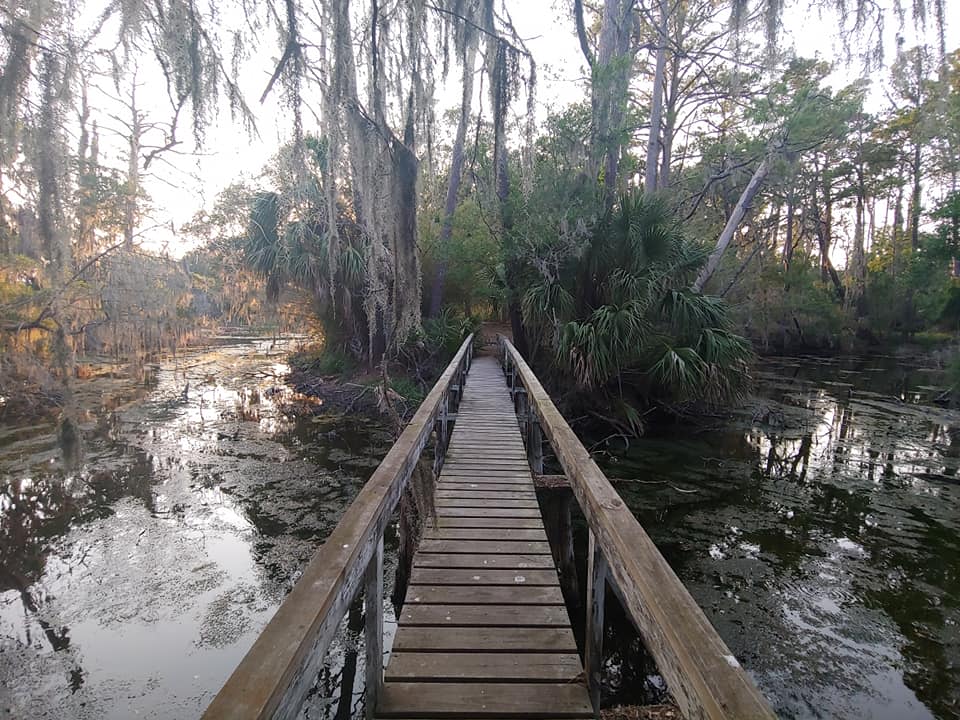
The gator pond on Sapelo Island, Georgia
The gator pond on Sapelo Island, Georgia
A friend, our professor, and I sat down in front of a pond after a long day of collecting. All three of us had been trying to catch this one dragonfly that kept avoiding us. After trying and almost falling on the gator-housing pond, we decided it was time to call it a day.
After some time in silence, our professor started reminiscing about his days as a young bug catcher and how that feeling of awe when looking at them never goes away. I felt like I truly belonged in my field and I realized just how much I look forward to study insects for the rest of my life.
How has your experience at UGA changed you?
This was the first time of me living in the mainland and experiencing the culture differences between my island of Puerto Rico and the U.S. South.
I learned about inclusivity and equality of people in science at a larger scale. It was so amazing to suddenly be exposed to so many people from all walks of life and of different parts of the world!
I learned to become aware of everyone’s struggles and achievements, and that everyone’s story about how they’ve become who they are is worth listening to.
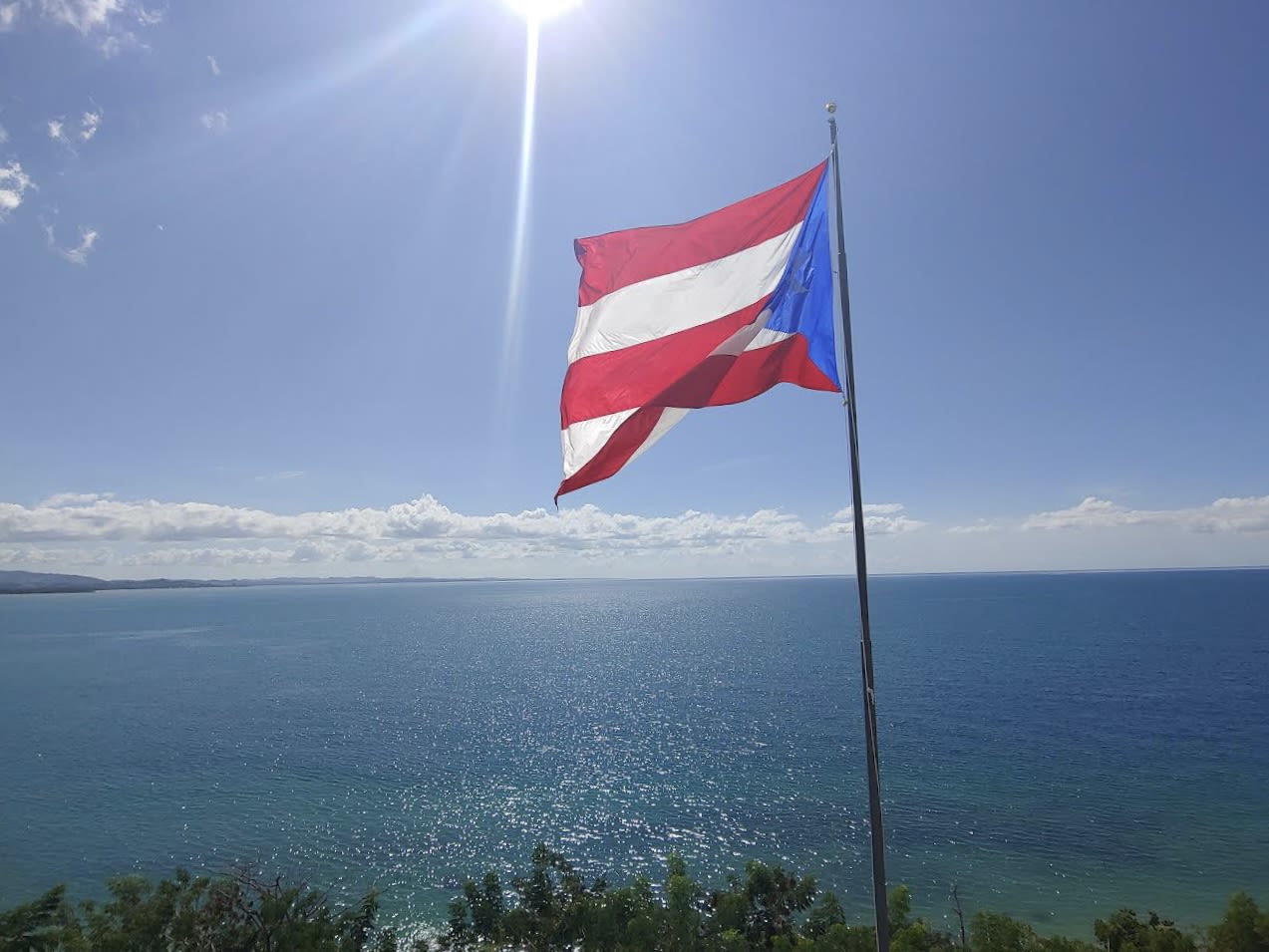
The Puerto Rican flag flies high over the Caribbean Sea.
The Puerto Rican flag flies high over the Caribbean Sea.
What do you eventually want to do with what you have learned here?
I want to become a research professor. My main goal is to develop community science through my work with both undergraduate and graduate students helping me pave the way.
I want to make science available to people outside the scientific world; specifically, those of underrepresented communities such as the Latino community.
I want to get as many people excited about aquatic bugs (and bugs in general) as possible!
What do you like to do outside of class — hobbies, interests, secret talents?
I love to hike and dance. Those are my two ways to de-stress after long days of class and research.
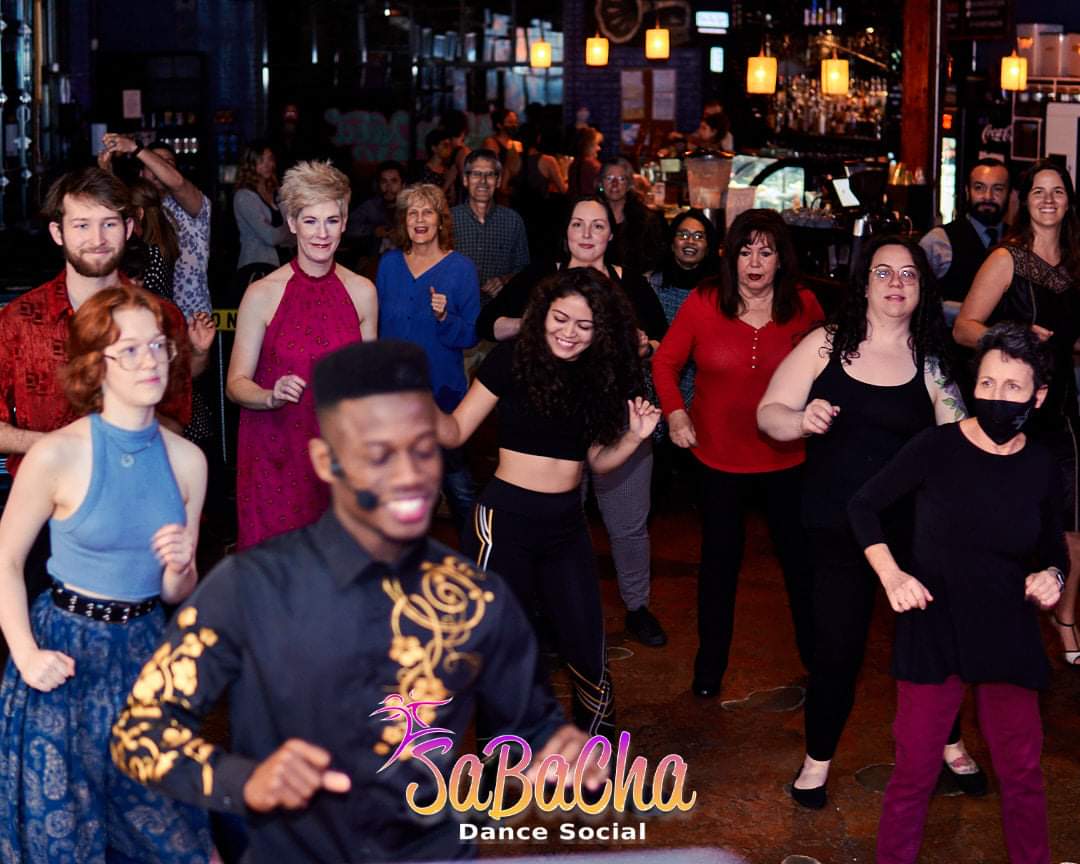
Gabriela Cardona-Rivera dances with the UGA Salsa Club.
Gabriela Cardona-Rivera dances with the UGA Salsa Club.
I recently joined the UGA Salsa Club, and their sense of community and welcoming atmosphere were exactly what I needed to feel like I fit in in Athens.
I love joining them and learning how not to make a fool of myself in the dance floor!
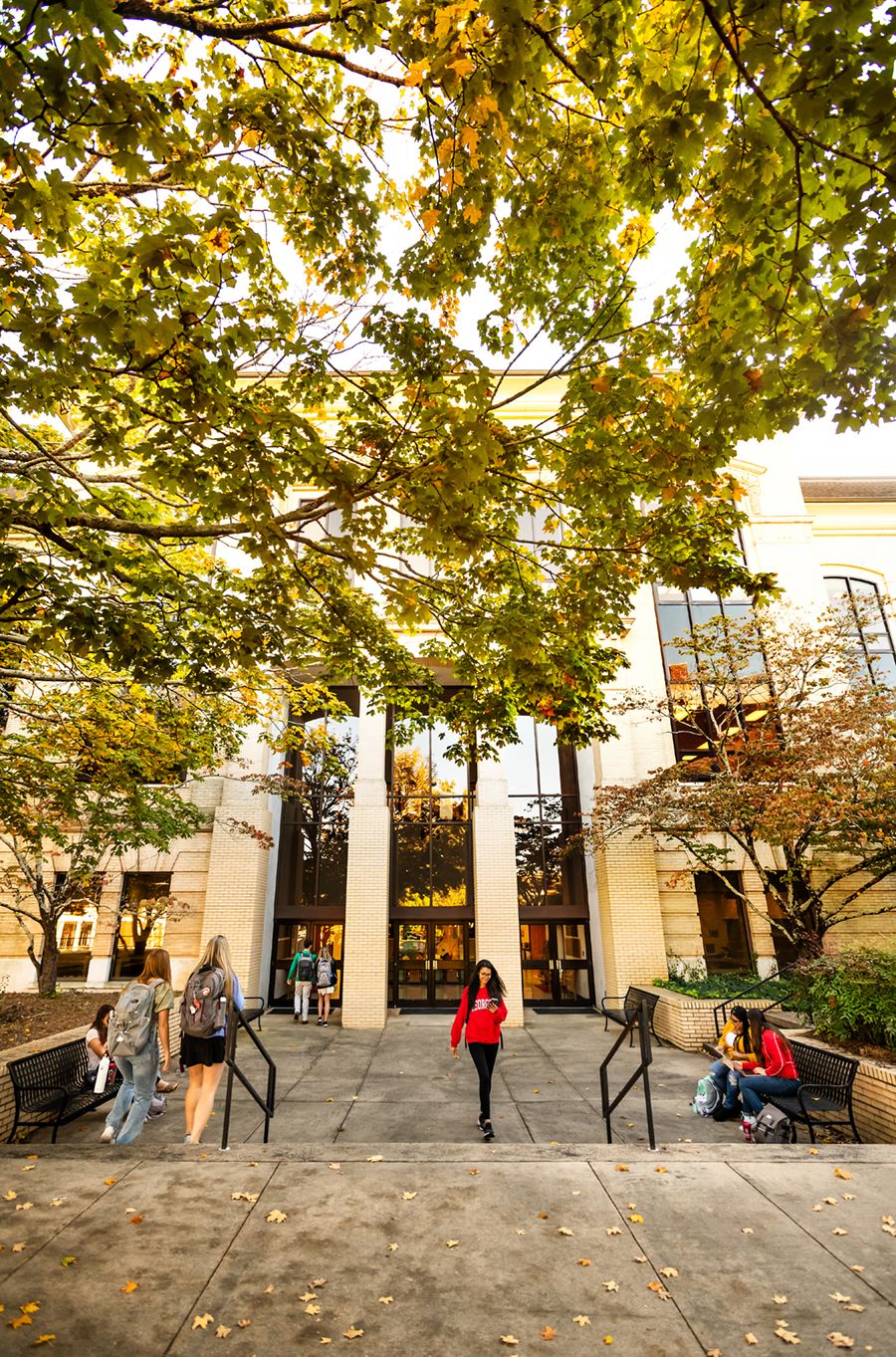
Interested in becoming a CAES student?
Schedule a campus visit and learn more about the admissions process today.
CAES students work alongside world-class scientists to get hands-on experience in their field. Through scholarship opportunities, small class sizes and faculty support, CAES students are empowered to become the next generation of leaders.




